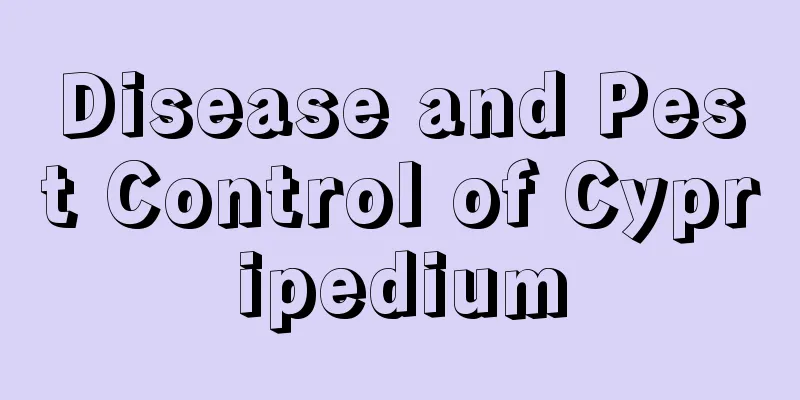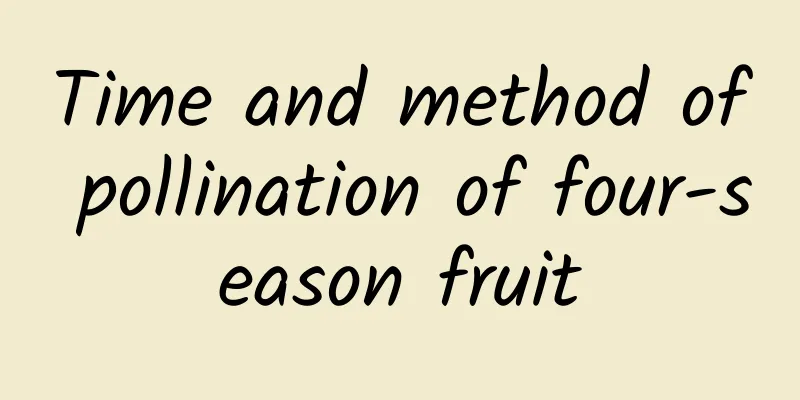Disease and Pest Control of Cypripedium

Common diseasesSheath Rust:This disease will appear on the front and back of the leaves of the Cyperus rotundus, with small raised bumps similar to blisters, containing powdery spores in orange, yellow, purple-black and rusty colors. Sheath rust will not cause the death of the Cyperus rotundus or cause its leaves to wither. It will only affect the growth rate of the Cyperus rotundus, making it increasingly weaker. Prevention and treatment methods:Observe frequently. If similar symptoms are found, cut off the diseased leaves immediately, or use Zineb or copper-containing fungicides to kill and disinfect. White rot:The disease mostly occurs during the rainy season. When the disease first starts, the leaves will show many white filamentous pathogens, which will cause the roots of the slippery orchid to slowly rot and die. Prevention and treatment methods:Replace all the soil in which the diseased Cyperus was planted. Sprinkle lime and other agents on the new soil for disinfection and prevention. In daily management, attention should be paid to ventilation and light transmission, soil drainage, and no water accumulation should occur. If the white rot is serious, burn the plants directly. To prevent future troubles. anthrax:This disease can occur throughout the year, but the probability of occurrence is higher during the rainy season in the hot summer. The disease is also contagious. The disease starts from the top of the leaves of the Cyperus rotundus and gradually spreads to the entire plant. At first, the leaves will turn brown, and as they expand, many small black spots will appear, which can cause the orchid to die to a certain extent. Prevention and control measures:You can use methyl thiophanate to spray the diseased area about once a week, and then spray Bordeaux mixture on the diseased area about once every 2 weeks. Spray continuously for about 5 times. Common pestsScale insects:This insect will appear when the temperature is too high, the humidity is too high, and the ventilation is poor, and it reproduces faster in this environment. Prevention and treatment methods:Sand blasting can be done with omethoate or malathion. |
<<: What to do if fleshy plants have mildew spots
>>: Pest control of white rhododendron
Recommend
Things to note when raising succulents
1. Soil preparation The soil used for growing suc...
What to do if the Clerodendrum thomsoniae blooms less? Finding the reason is the key!
Causes and treatment methods If you want to know ...
The growing environment and local conditions of red plum
Red plum growth environment and conditions Red pl...
What is the difference between half-branch lotus and half-flowered lotus?
The difference between barbata and barbata Scutel...
How to water Strelitzia
Key points for watering Strelitzia reginae Streli...
How to grow green bamboo
1. Breeding environment 1. Soil: For growing gree...
Does Chinese evergreen protect against radiation?
Is it radiation proof? Not radiation proof. If yo...
A friend gave me a pot when he moved. It absorbs formaldehyde and improves Feng Shui. If you give it right, you will get rich. If you give it wrong...
Put a money tree in your new house to bring money...
The difference between soft-branch yellow cicada and hard-branch yellow cicada
Soft-branched yellow cicada The soft-branched yel...
The correct way to water flowers with beer is suitable for what flowers and plants
If you have beer or expired beer at home, do not ...
Will eating sweet potatoes make you fat? Will eating sweet potatoes frequently make you fat?
1. Will you get fat? People generally believe tha...
How to keep flower arrangement materials fresh for a long time
Ventilation The most important thing for roses is...
The meaning and symbolism of lilies
1. Its meaning It is recognized as a lucky object...
What is the suitable temperature for cucumber planting? Suitable growth temperature and planting season
Temperature requirements for cucumber cultivation...
How long does it take for ginkgo tree cuttings to take root?
Ginkgo tree cutting rooting time There are two wa...









